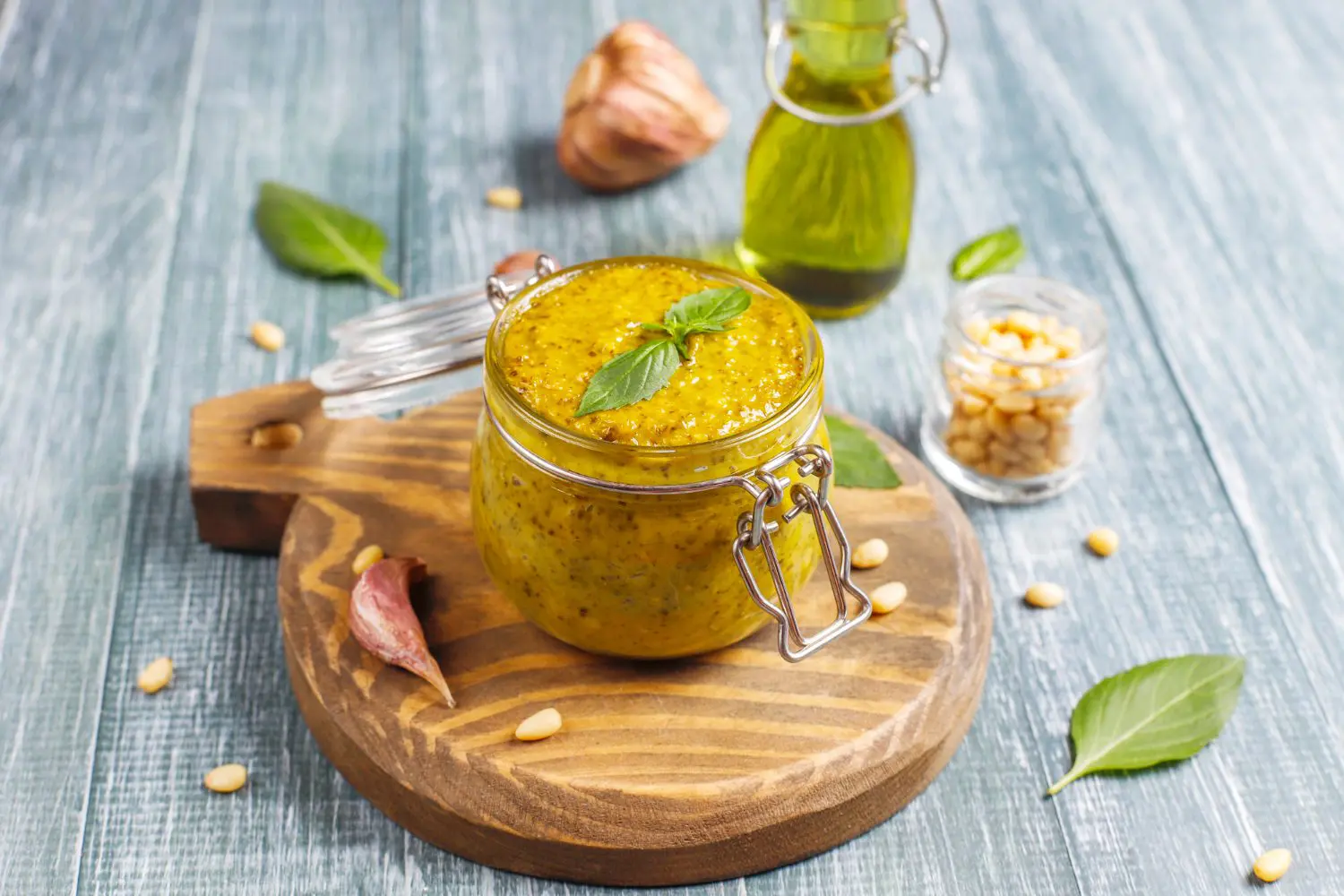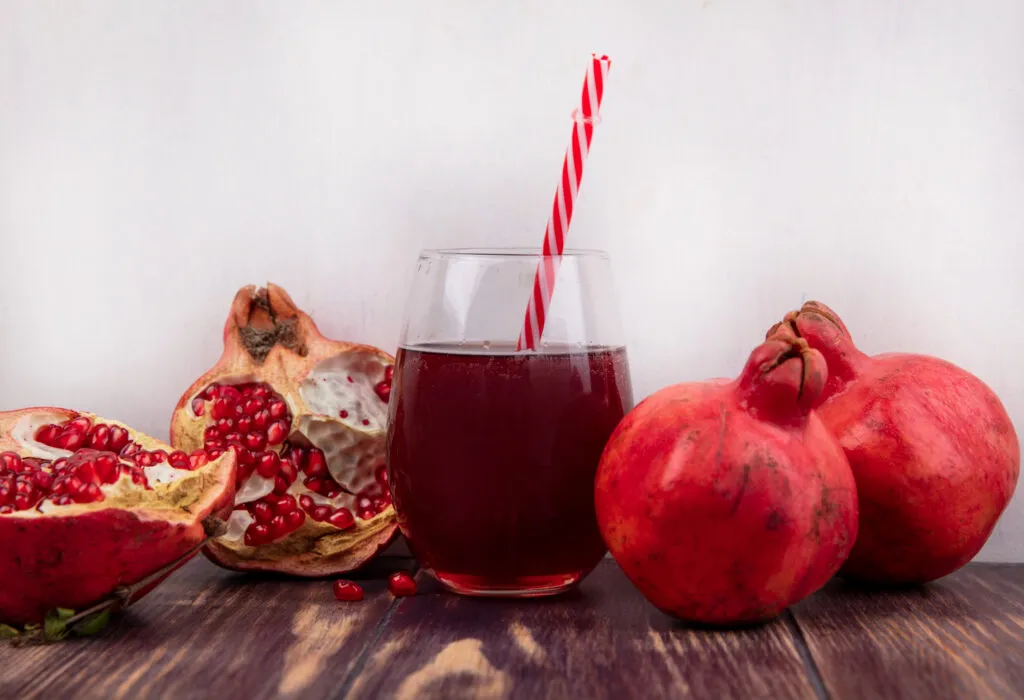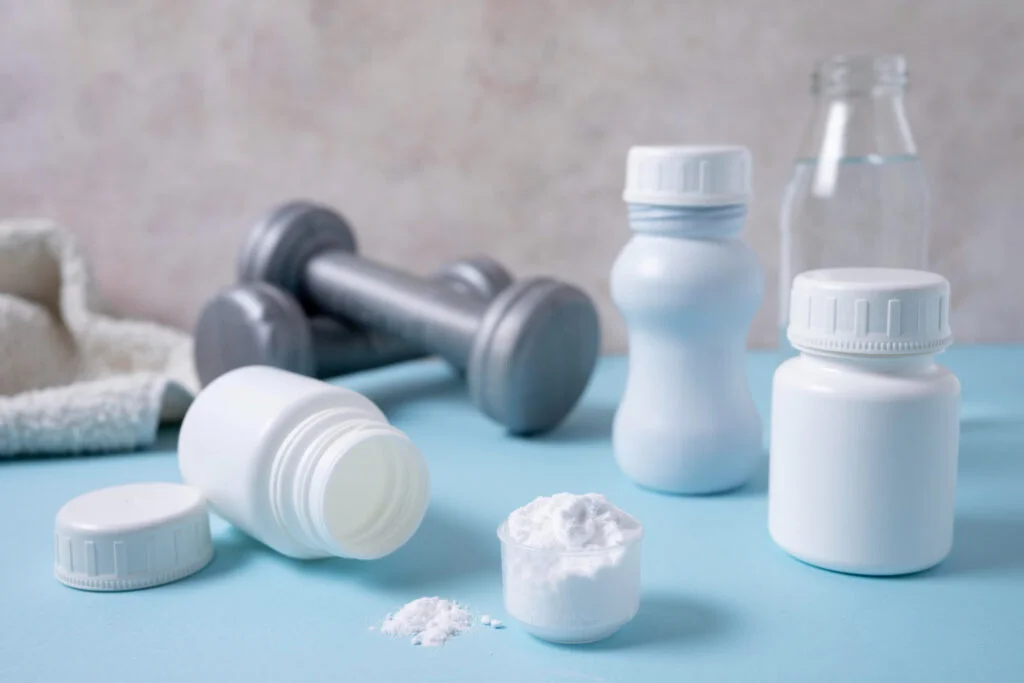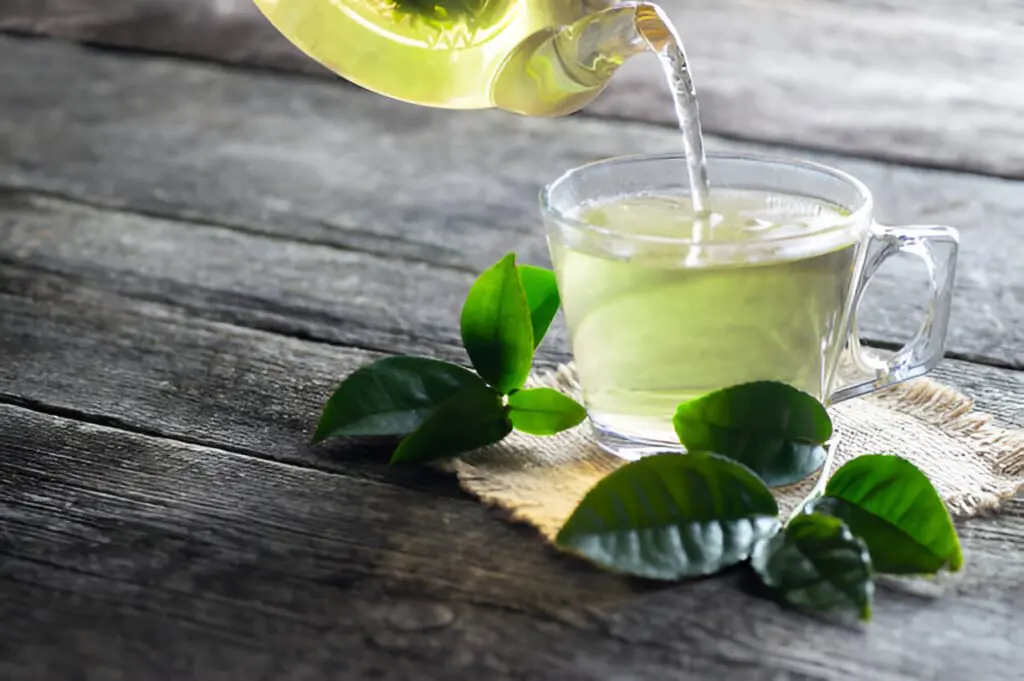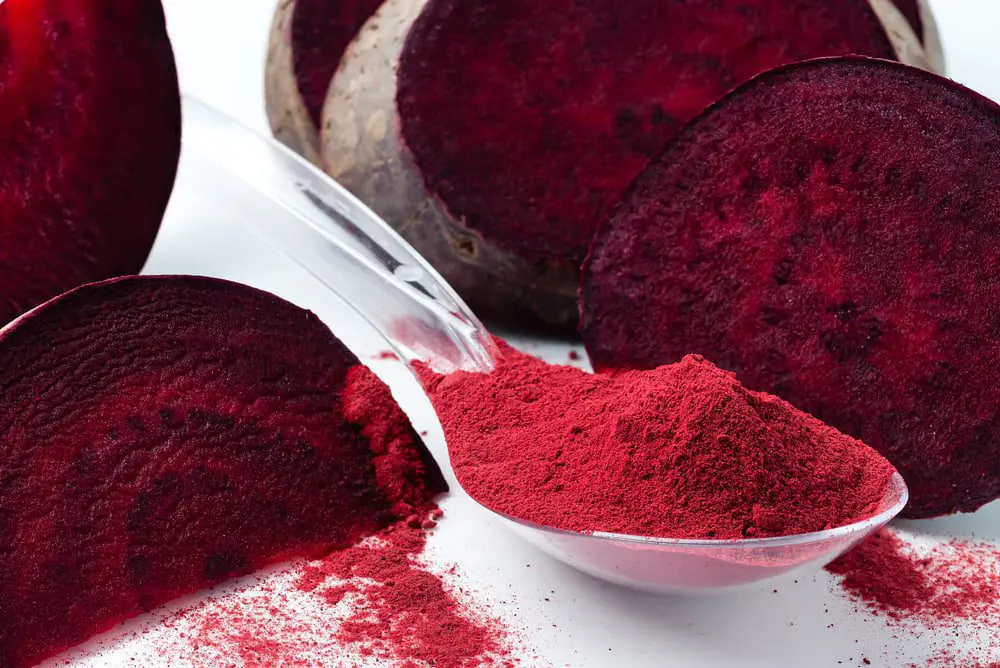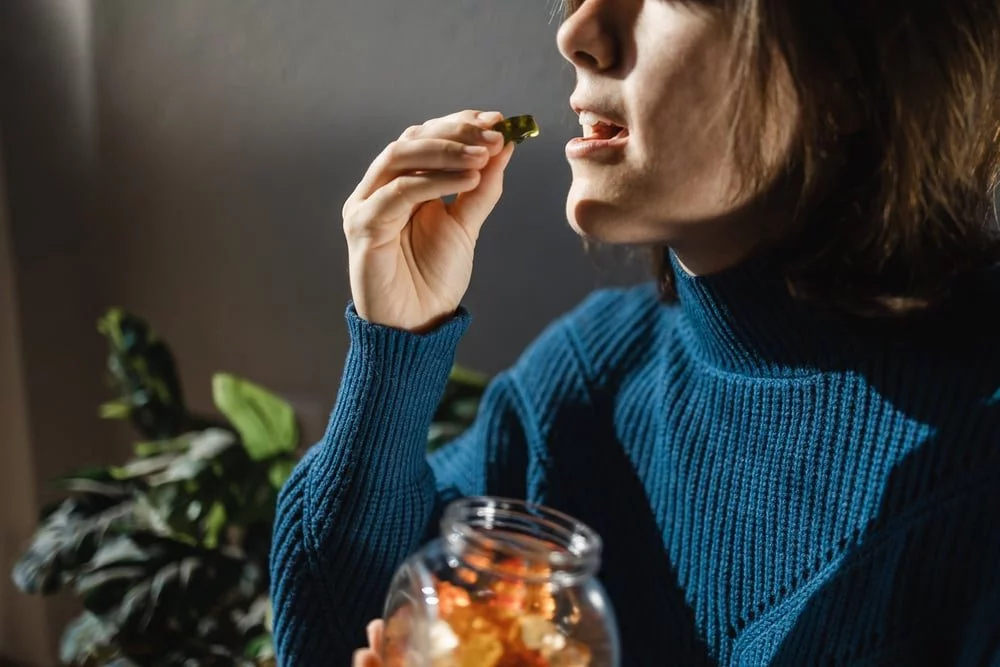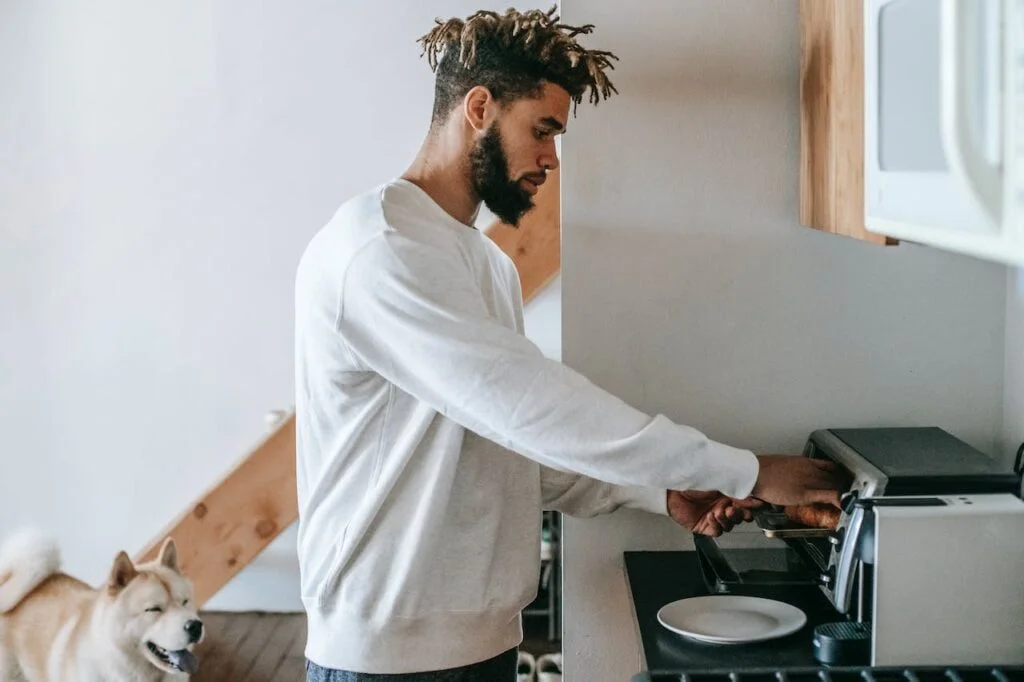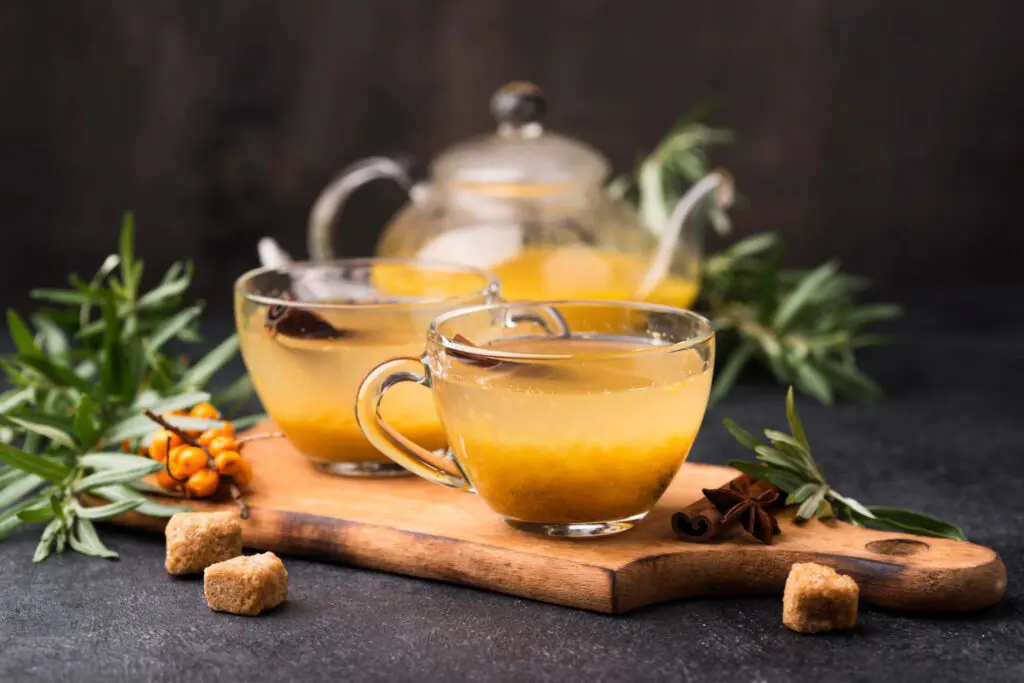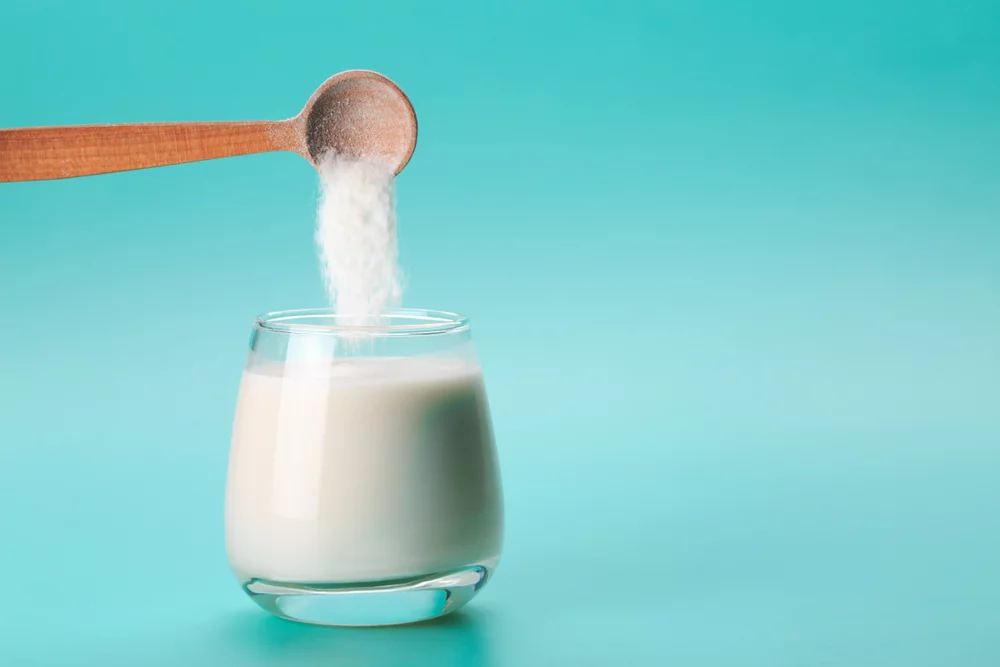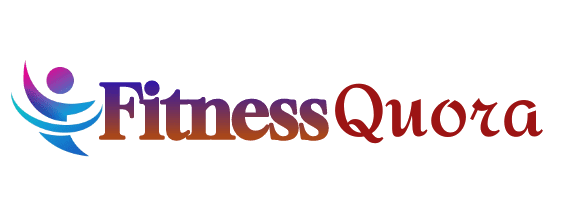In races and cycle tours , we have begun to see athletes carrying pickle juice, gherkins and mustard packets to drink at the refreshment stations and avoid cramps.
This new homemade sports drink is not a baseless fad, there is science behind it that explains what properties these foods have to take during and after a long-duration exercise or a competition such as a half or marathon, or a cycling test, and Avoid the effects of dehydration, especially cramps.
This is not new, it has been more than 15 years since I ran a marathon in Stockholm, and I was surprised when after 21 km, at the aid stations they offered us pickled cucumbers. I didn’t try them, following the rule that you shouldn’t do experiments when you run the distance of 42,195 km, but many of the marathoners took pickles, instead of bars or fruit, and continued running to the finish line.
Pickle and Mustard Juice to Prevent Cramps.
Years later, drinking pickles, rather, pickle juice or yellow mustard sauce, begins to be seen more, and generates questions and queries among popular sports forums, and there are already several studies that have found that the juice, for Its high content of minerals, water, and vinegar or acetic acid can help prevent the dreaded cramps, cramps or spasms that cause sustained and involuntary contraction of muscles.
A drink of the juice that comes with the pickles will help you recover the levels of sodium and potassium lost during intense physical exercise, keys to the transmission of electrical impulses that allow the muscles to contract and function normally and that can be the cause of cramps. Acetic acid also helps to restore the pH of the tissues, and in addition to the fact that it is a liquid that provides water , it can help prevent and improve cramps related to dehydration during prolonged effort.
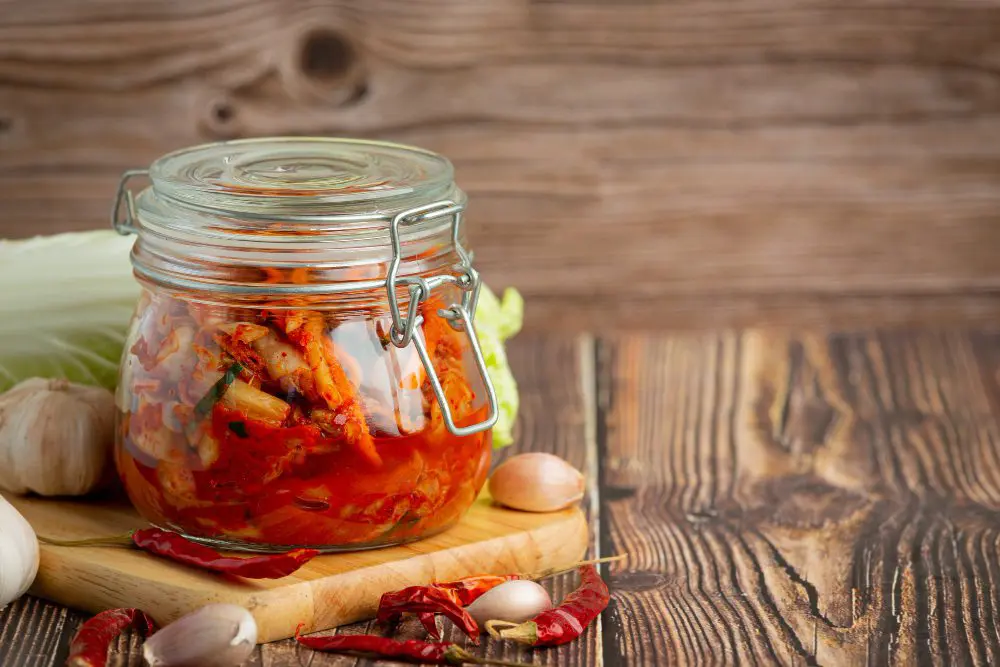
The effectiveness of pickles was demonstrated with a study in the journal Medicine & Science in Sports & Exercise , which found that cramps disappeared half a minute after drinking pickle juice, since their hydration speed is much higher than of water and also, if we are already dehydrated, providing only water could worsen the situation by making the potassium more diluted in our body.(1)
The authors’ conclusion was that pickle juice, and not deionized water, inhibits electrically induced muscle cramps in hypohydrated humans. This effect could not be explained by the rapid restoration of body fluids or electrolytes. What they suspected is that the rapid inhibition of electrically induced cramps reflects a neurally mediated reflex that originates in the oropharyngeal region and acts to inhibit the activation of the alpha motor neurons of the cramp muscle.
What Does Other Experts Says?
In another study conducted on 82 patients with cirrhosis who suffer from cramps, they tested how pickle juice can improve the severity of muscle cramps, compared to those who drank tap water. The authors concluded that pickle liquid consumed at the onset of cramps improved the severity of cramps without adverse effects.(2)
In addition to pickle juice, we can find other foods with a similar composition to prevent cramps such as dill juice from other pickles, not just sweet pickles, in yellow mustard , sweet sauce and apple cider vinegar. Hence, in some races, especially marathons, you can see athletes drinking yellow mustard directly from the packet they give out in hamburger restaurants, as if it were a gel.
These practices have been studied by different research groups, and they do not seem to have adverse effects. For example, in 2014 research , it was found that ingesting a sip of juice or a sample of mustard after dehydration did not cause exercise-induced hypertonicity or cause hyperkalemia. Concluding that the consumption of small volumes of pickle or mustard juice does not completely replace electrolytes and fluid losses, but it is not harmful either. But additional research is needed on plasma responses before and after ingestion of these treatments in people who experience acute cramping episodes.(3)
+3 Sources
FitnessQuora has strict sourcing guidelines and relies on peer-reviewed studies, educational research institutes, and medical organizations. We avoid using tertiary references. You can learn more about how we ensure our content is accurate and up-to-date by reading our editorial policy.
- Reflex inhibition of electrically induced muscle cramps in hypohydrated humans; https://pubmed.ncbi.nlm.nih.gov/19997012/
- Pickle Juice Intervention for Cirrhotic Cramps Reduction: The PICCLES Randomized Controlled Trial; https://pubmed.ncbi.nlm.nih.gov/35416793/
- Electrolyte and plasma responses after pickle juice, mustard, and deionized water ingestion in dehydrated humans ; https://pubmed.ncbi.nlm.nih.gov/24955622/

 Workout
Workout
 Meditation
Meditation





 Contact Us
Contact Us

